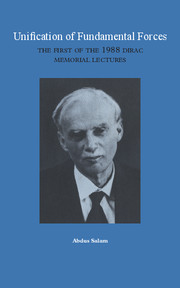Theory, criticism, and a philosophy
Published online by Cambridge University Press: 08 January 2010
Summary
In 1748 the Shahinshah of Persia, Nadir Shah, invaded India and he marched on to Delhi. He inflicted a severe defeat on the Great Mogul of India. Delhi submitted and the two kings met to negotiate peace. At the conclusion of these negotiations, which included the transfer of the famous Peacock Throne to Iran from Delhi, the Granz Vizier of the defeated Indian King, Asifjah was summoned to present to the two monarchs some wine to pledge the peace. The Vizier was faced with a real dilemma of protocol. The dilemma was this; to whom should he present the first cup of wine? If he presented it first to his own master, the insulted Persian might draw his sword and slice the Vizier's head off. If he presented it to the Persian invader first, his own master might resent it. After a moment of reflection, the Grand Vizier hit on a brilliant solution. He presented a golden tray with two cups on it to his own master and retired saying, “Sire it is not my station to present wine today. Only a King may serve a King”. In this spirit I request one Grand Master of our subject, Professor Dirac, to introduce another Grand Master, Professor Werner Heisenberg.
- Type
- Chapter
- Information
- Unification of Fundamental ForcesThe First 1988 Dirac Memorial Lecture, pp. 85 - 124Publisher: Cambridge University PressPrint publication year: 1990
- 3
- Cited by

